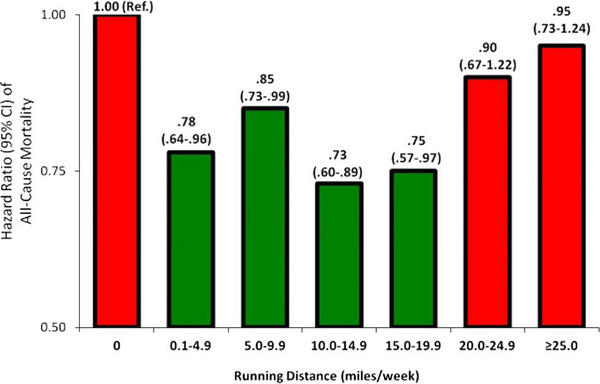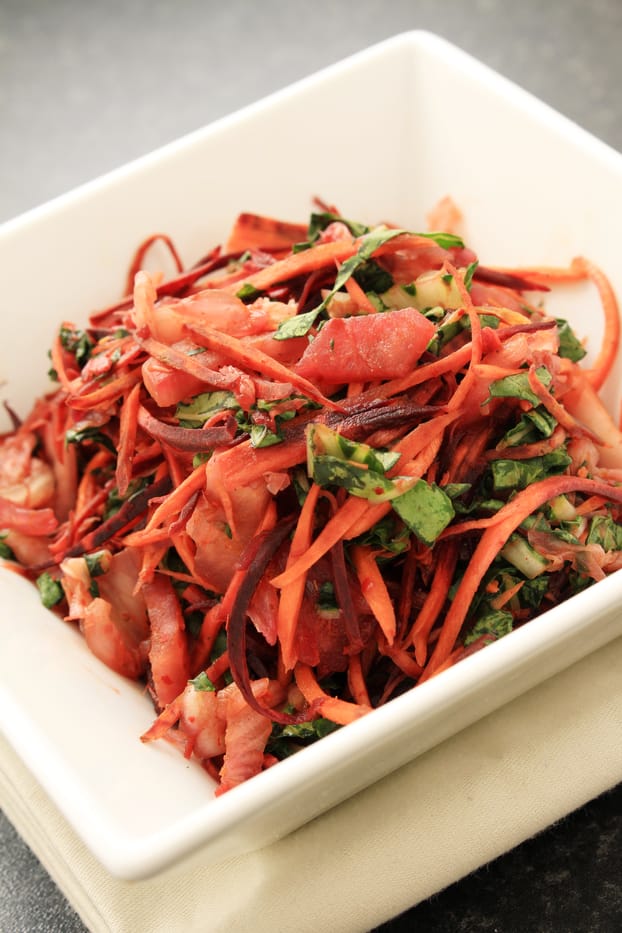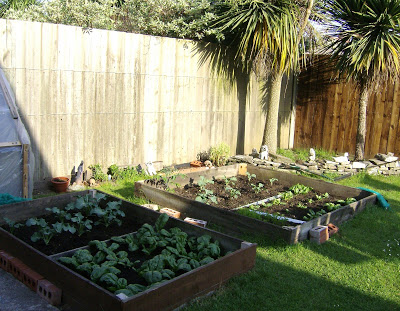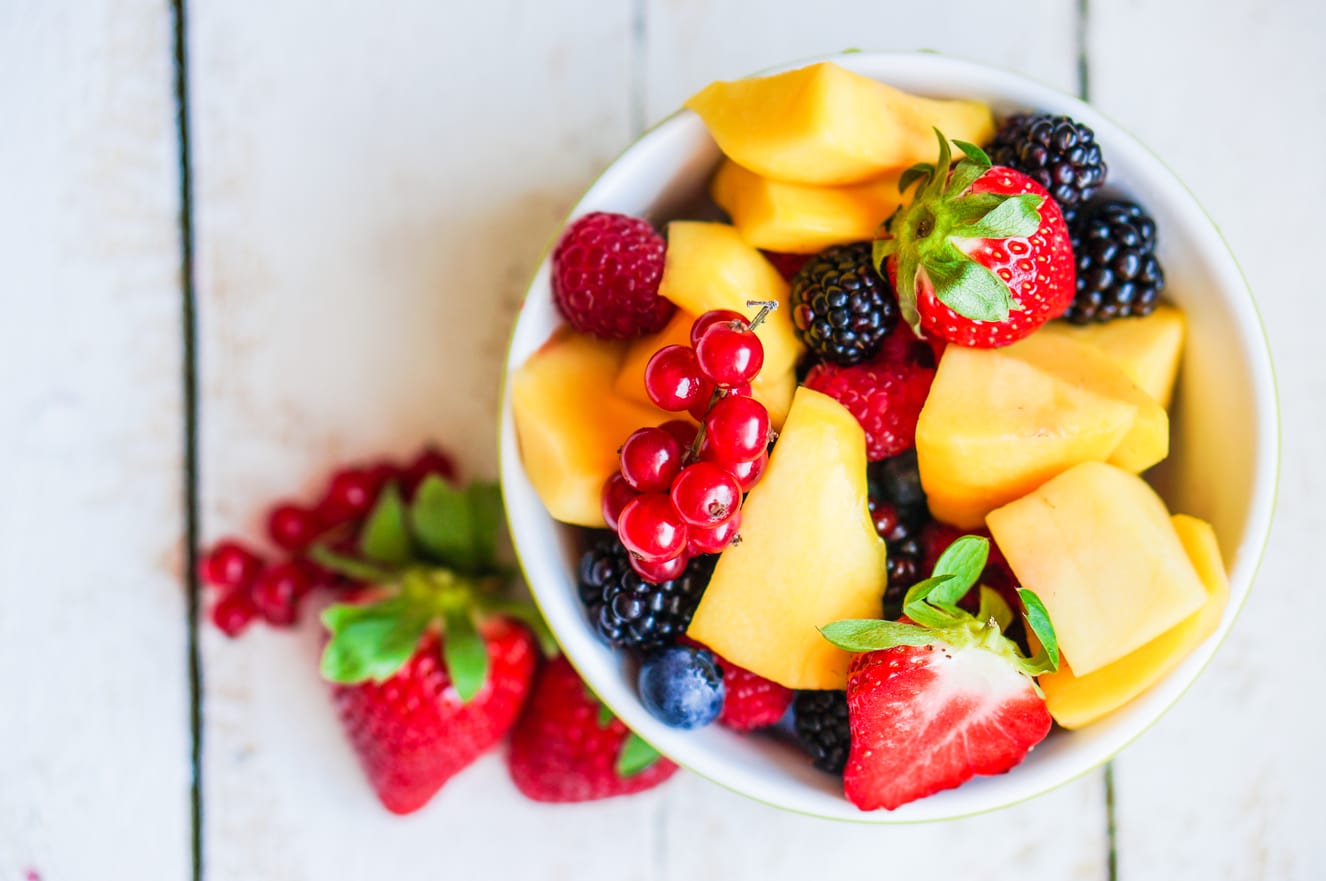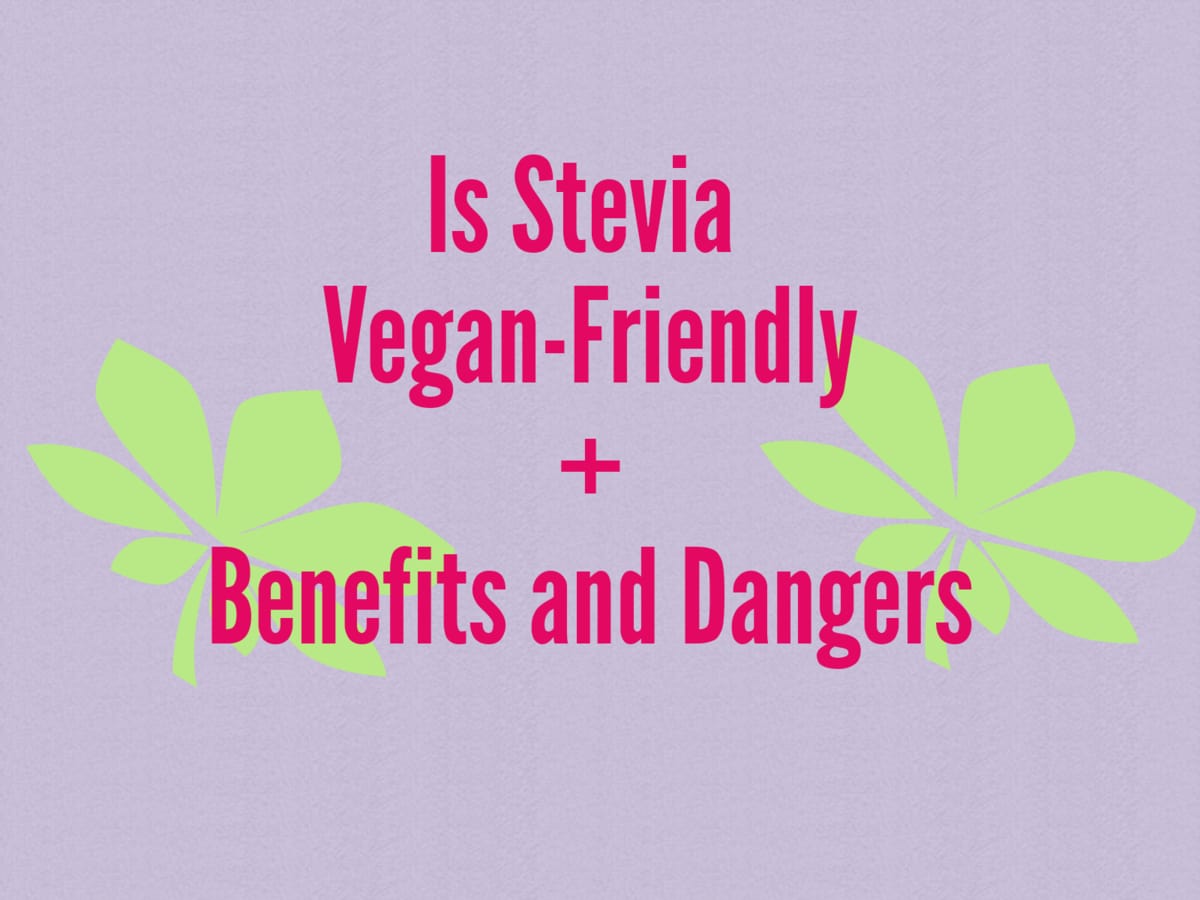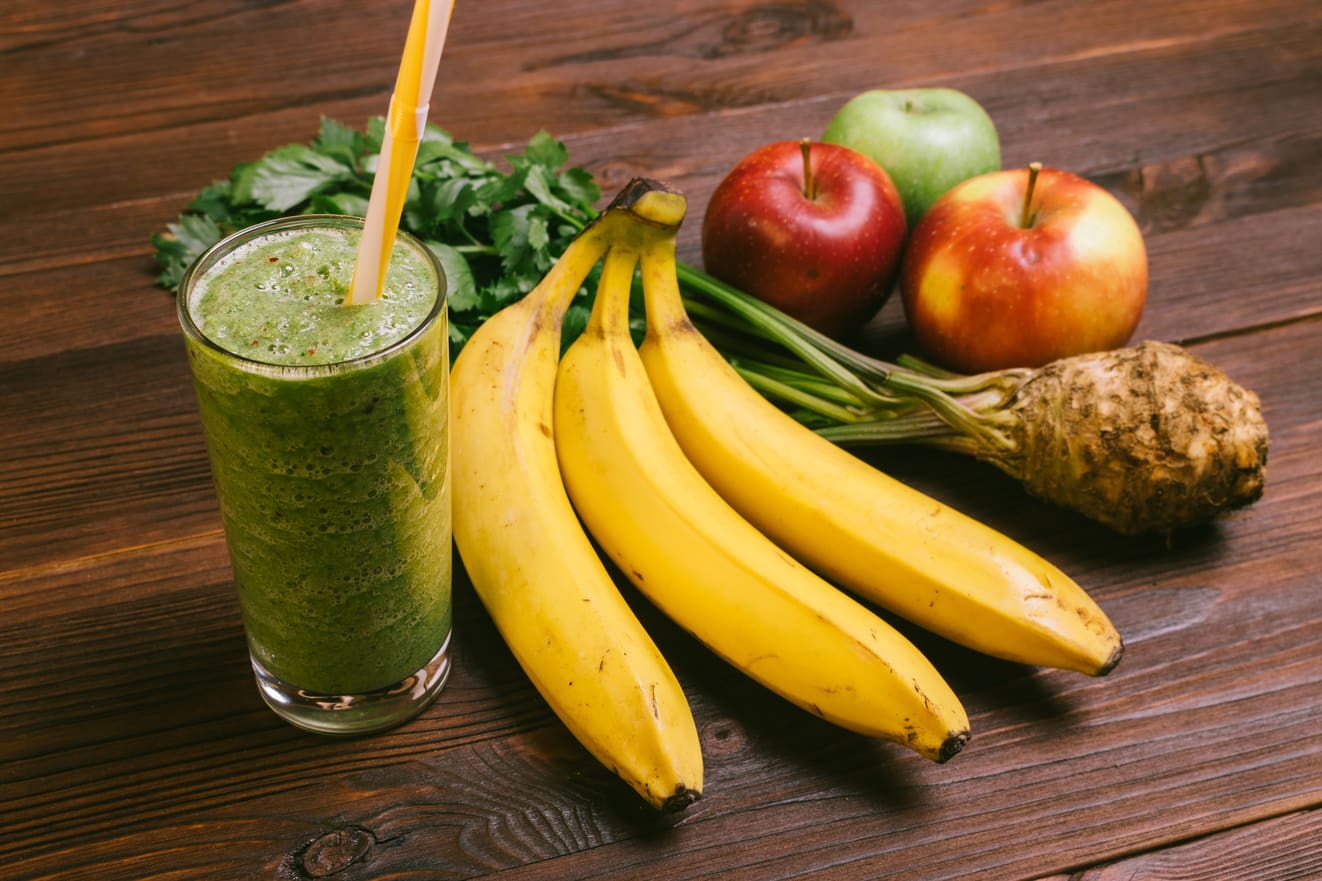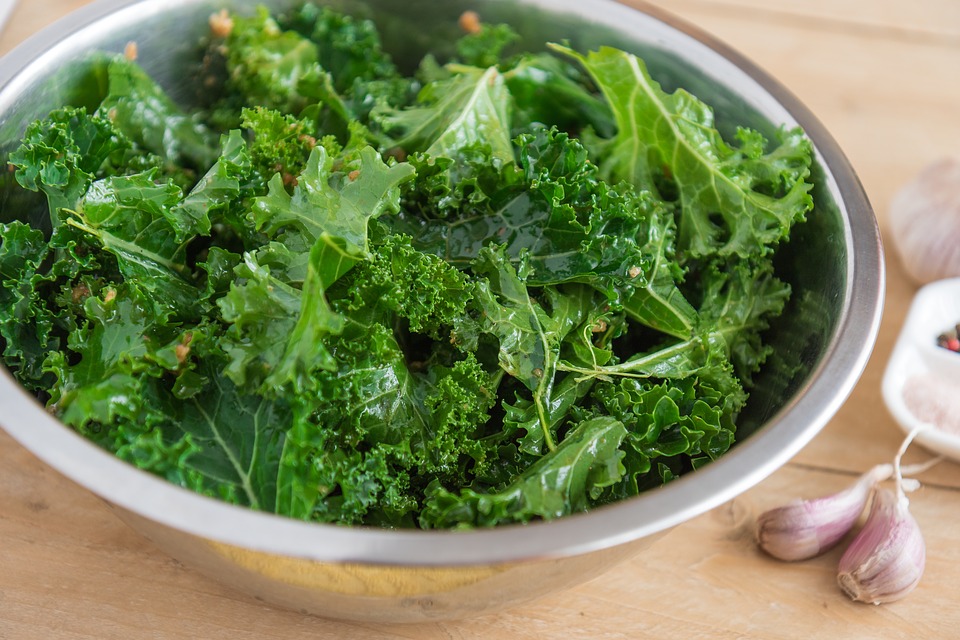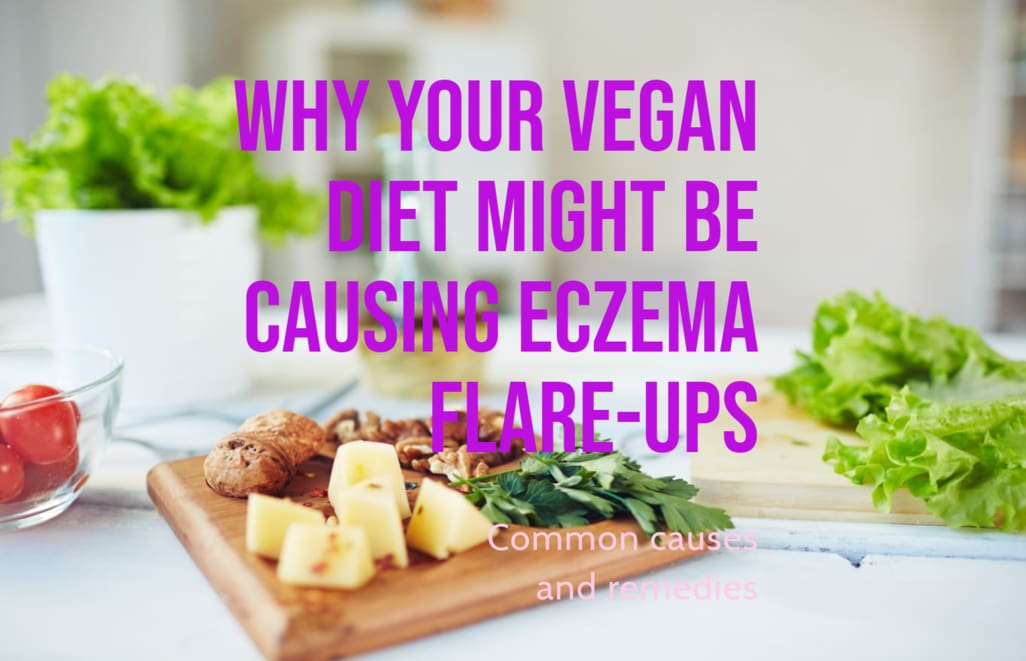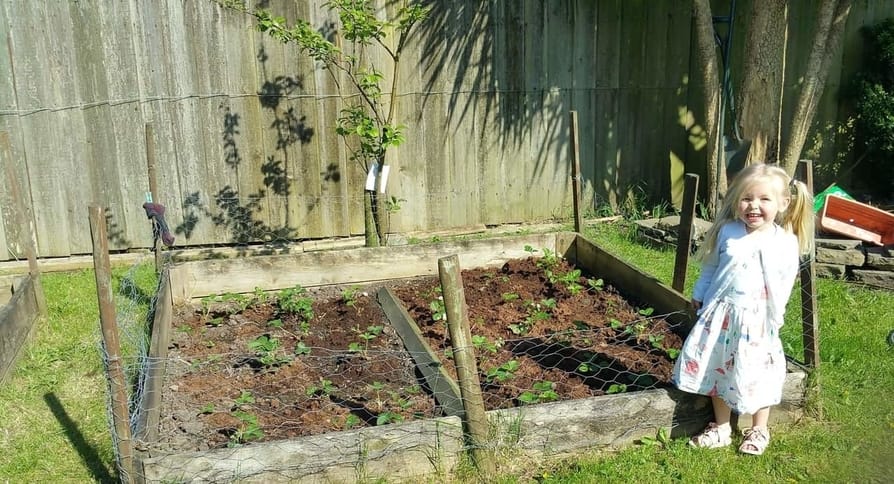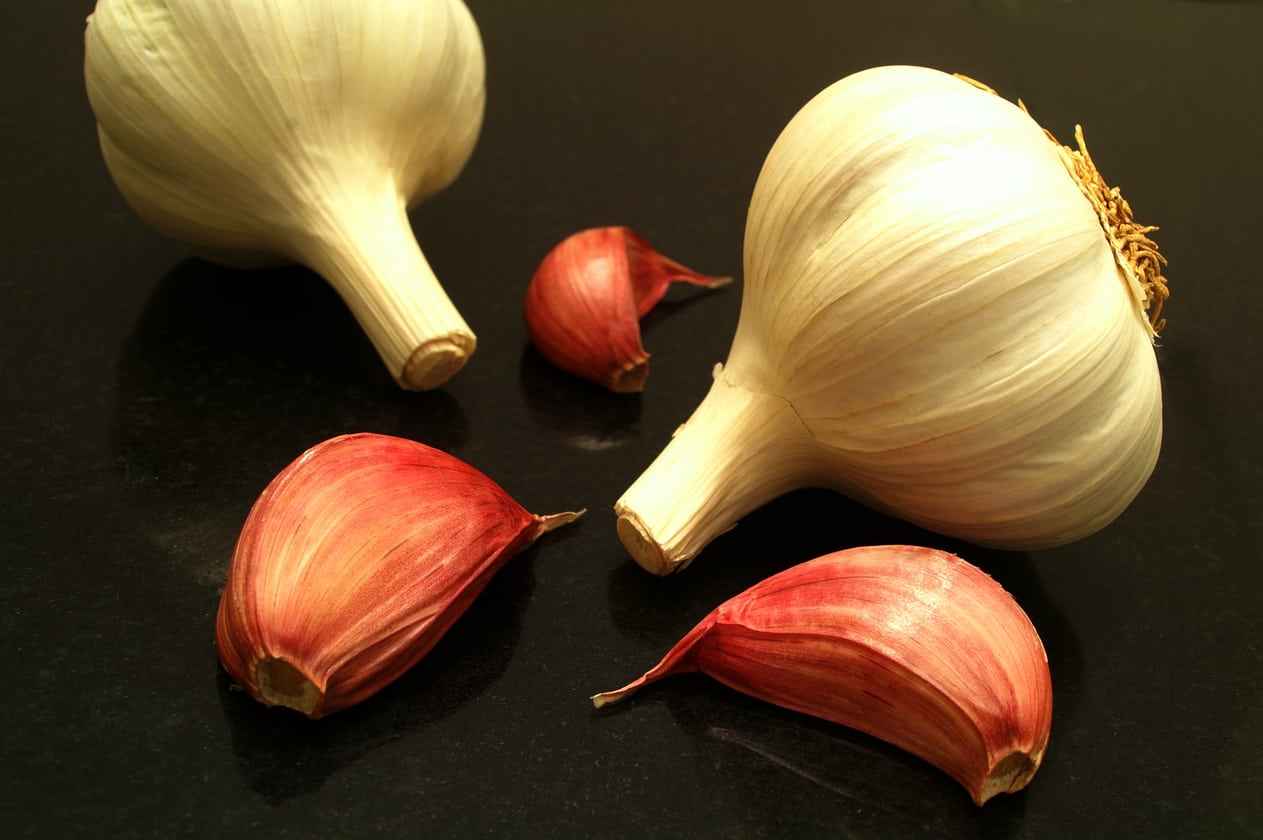Disclosure: This article may contain affiliate links. If you decide to make a purchase, I may make a small commission at no extra cost to you.
Lutein and Zeaxanthin are two types of carotenoids found in fruits and vegetables. Regular consumption of foods which contain these carotenoids also appears to play an important role in the protection of various diseases including macular degeneration. Both being lipid-soluble, they can accumulate in the body and provide powerful antioxidant and protective benefits.
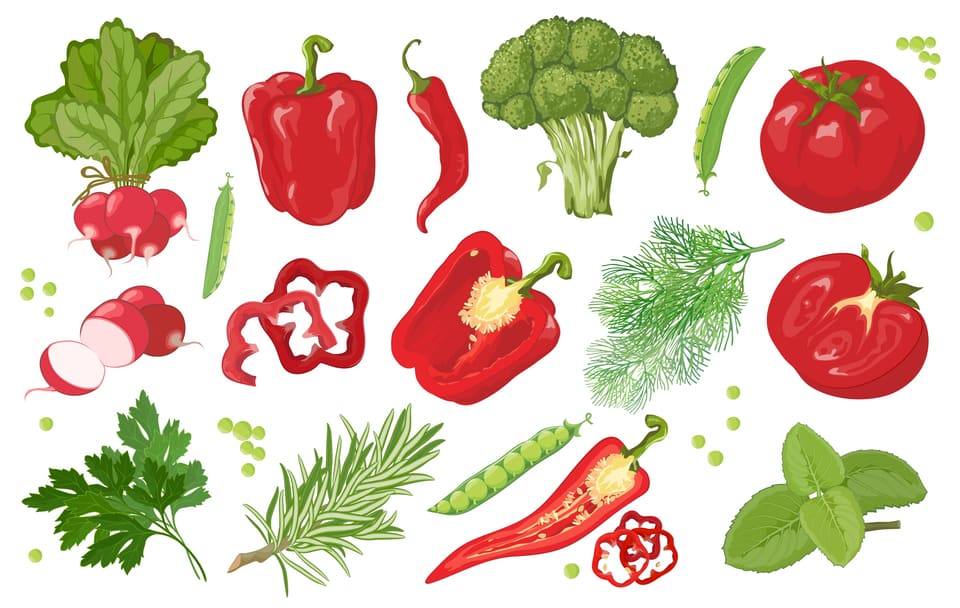
Fortunately, on a plant-based vegan diet, it’s very easy to get a lot of lutein and zeaxanthin if you choose the right foods. Green leafy vegetables are a great source, but research has been conducted over the last few years to find the best sources of these amazing carotenoids!
Before I go into the list of foods which have the highest amount of these carotenoids, I’ll go into a few of the health benefits you could get if you were to include them in your diet on a regular basis.
Although I’ll be just sharing vegan sources in this article, there are also other sources of lutein such as eggs. So even if you don’t like your veggies, you can still get your lutein! 🙂
Why you should consume more foods with lutein and zeaxanthin
Most people probably aren’t getting enough lutein or zeaxanthin from their diet. Everyone is looking to have great skin and maintain good eyesight, but many people have overlooked these two carotenoids which could give your skin a glow, keep away wrinkles, and prevent you from going blind. Lutein and zeaxanthin accumulate in the retina up to 500-1000 x more than elsewhere in the body.
It’s likely that most people have never even heard of these carotenoids. Most people are probably aware of beta-carotene, which does also have similar benefits.
Research suggests that you should aim for between 5 – 10 mg of lutein per day and over 2 mg of zeaxanthin per day to get the protective effects.
A brief overview of the known health benefits of lutein and zeaxanthin
- Protects against macular degeneration according to multiple, long-term prospective studies
- Improves protection against UV rays and helps reduce the signs of skin aging by increasing resistance to oxidative stress, increasing skin hydration and improving fine lines with just 12 weeks supplementation of lutein
- May reduce the risk of cancer and help reverse multidrug resistance to chemotherapy in cancer cells
- Reduces vascular inflammation and may protect against heart disease according to research conducted in humans
- May help protect against diabetes and reduce the negative effects on the body from hyperglycemia (high blood glucose)
- Studies have shown that lutein may reduce the risk of stroke by 18%
See this video where Dr. Greger goes into the benefits of lutein and zeaxanthin on macular degeneration.
12 vegan sources of lutein
These are some of the best foods to get lutein if you only eat plant foods and no animal products. The amount of lutein is per 100 g of food.
- Spinach, cooked: 12.6 mg
- Kale, cooked: 8.8 mg
- Spinach, raw: 6.6 mg
- Parsley: 4.3 mg
- Lettuce: 3.8 mg
- Pistachios: 1.4 mg
- Asparagus: 0.9 mg
- Broccoli: 0.7 mg
- Green Beans: 0.3 mg
- Orange Peppers: 0.2 mg
- Corn, cooked 0.2 mg
- Avocado 0.2 mg
9 vegan sources of zeaxanthin
There isn’t much data on the amount of zeaxanthin found in foods, many studies give the total amount of lutein + zeaxanthin. However, two research papers looked at the zeaxanthin content of the following foods. Generally, zeaxanthin is much lower in concentration than lutein.
The amount of zeaxanthin in the list of foods below is per 100 g of food.
- Red Peppers: 0.6-1.3 mg (dry weight)
- Orange Peppers: 1.6 mg
- High Lutein bread: 0.3 mg
- Corn tortilla: 10.5 mg
- Corn chips: 9.2 mg
- Corn: 1.3 mg
- Einkorn Wheat: 90 mcg
- Khorasan Wheat: 70 mcg
- Durum Wheat: 50 mcg
Tip: One way to quickly get lots of lutein in your diet is to use leafy green vegetables like spinach and kale in green smoothies. Blending also helps with the absorption of carotenoids. Also, add a few nuts to increase absorption of lutein and zeaxanthin.
Can you take too much lutein and zeaxanthin?
There have been several research papers come out over the last few years looking at the safety for high doses of lutein and zeaxanthin.
In a study published in 2007, researchers gave forty-five patients lutein and zeaxanthin and measured serum concentrations over time. They were separated into 3 different groups, each receiving different doses (2.5 mg, 5 mg or 10 mg).
Over the 6 months, at no point was there any toxicity observed at any dose. Therefore, it appears that 10 mg of lutein per day is safe for humans [3].
One case report appeared in 2016 with a woman taking 20 mg of lutein per day and also having a diet high in lutein. She took the supplement for 8 years and had been referred to the retina clinic for “foveal sparkles”. Her vision was 20/20, but it was noted that she has crystals deposited in her eyes.
After discontinuing the supplements, the crystals had resolved in one of her eyes but remained in the other. [4]
Given the fact that these carotenoids can be obtained from a plant-based diet easily, there doesn’t seem to be any need for supplementing either lutein or zeaxanthin. And the great thing is that there is plenty of options because many plant foods are rich in both! 🙂
Other carotenoids you might have heard of:
- Alpha-carotene – Pumpkin, and carrots are two great sources of alpha-carotene
- Beta-carotene – sweet potatoes have a significant amount of this carotenoid
- Lycopene – found in tomatoes, especially bioavailable when cooked or blended
References
- Dietary Sources of Lutein and Zeaxanthin Carotenoids and Their Role in Eye Health Nutrients. 2013 Apr; 5(4): 1169–1185. Published online 2013 Apr 9
-
Lutein and Zeaxanthin—Food Sources, Bioavailability and Dietary Variety in Age-Related Macular Degeneration Protection Nutrients. 2017 Feb; 9(2): 120. Published online 2017 Feb 9
- Dose-ranging study of lutein supplementation in persons aged 60 years or older. Invest Ophthalmol Vis Sci. 2006 Dec;47(12):5227-33.
-
Crystalline Maculopathy Associated with High-Dose Lutein Supplementation. JAMA Ophthalmol. Author manuscript; available in PMC 2018 Apr 19.
